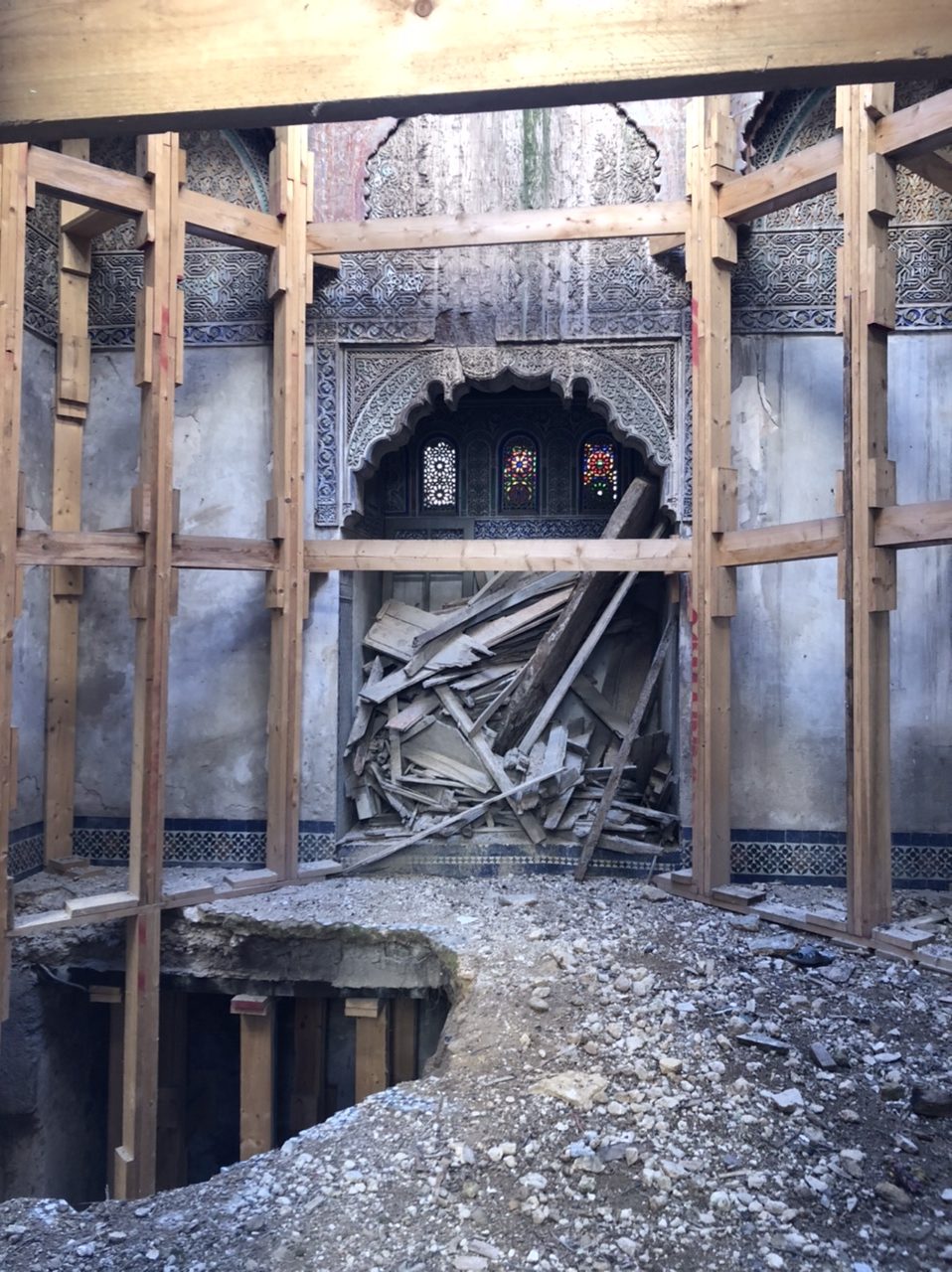Development- an Introduction to International Studies lecture

This is a lecture on development for an “Introduction to International Studies” course. It was last updated about 2012, so it would need to be adapted with more current materials for today’s classroom. I also haven’t provided citations. But some of this material actually draws on notes from my own undergraduate classes, so one old friend may recognize some of these points. I should also caution that I am not a development scholar, so this lecture only touches on key issues and theories. It was also first taught in an “Introduction to Latin American Studies” class, so there are more references to that region in it. But I hope that some faculty may find some inspiration here, and be able to adapt this for their own classes.
Development
Terms
Modernization Theory
Underdevelopment
Marxism
Neoliberalism
Introduction:
- one of the first things everyone learns about Latin America or Africa is that they not as economically developed as other countries
- these regions are very wealthy in some respects
- major industry, rich natural resources, critical number of engineers and technical experts in many countries
- yet large numbers of people live in extreme poverty
- why have these regions not succeeded in developing their economy as other areas have?
- why are so many people there so poor?
- wide range of theories to address this question
- today: lecture about different theories of development
- effort to explain the difference between developed countries and less developed countries
- lets look at the characteristics of the two levels of development
…
Development- an Introduction to International Studies lectureRead More »


